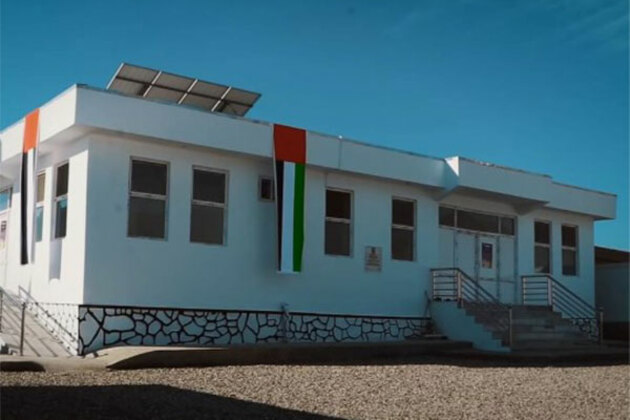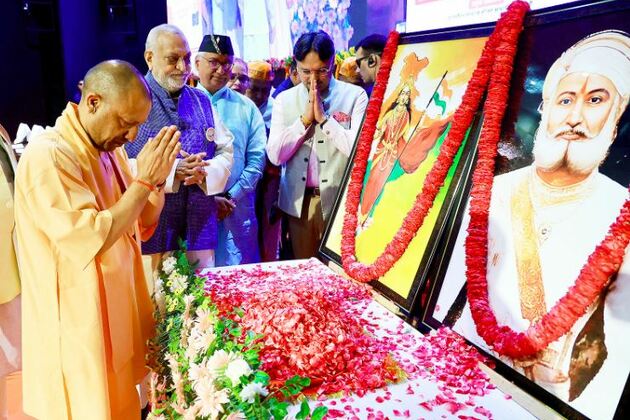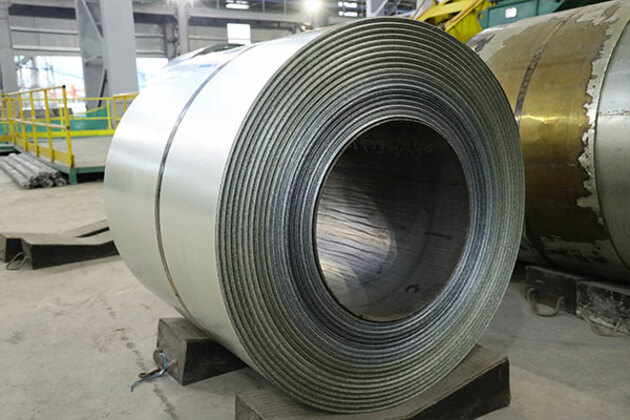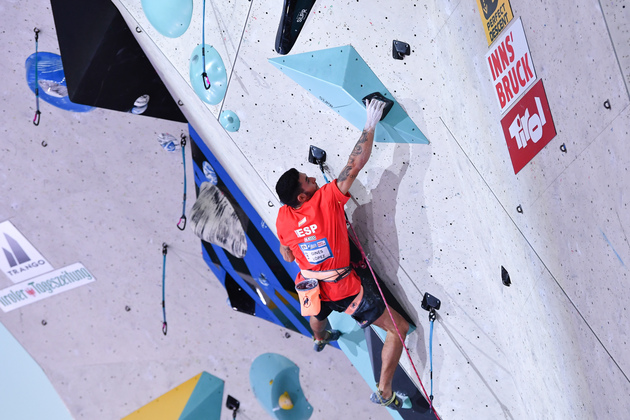What the phase 1 trials of the first COVID-19 vaccine really mean
The Conversation
21 May 2020, 18:10 GMT+10
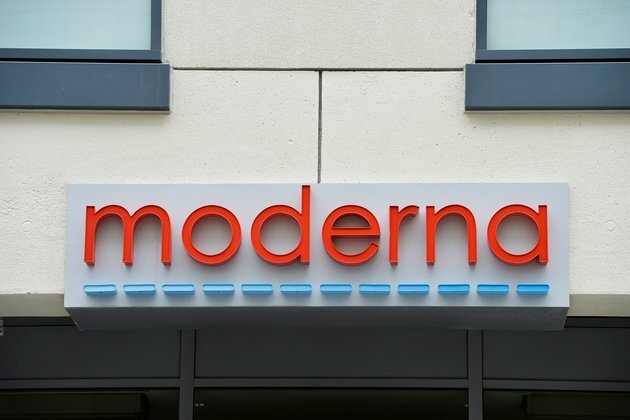
Early morning on May 18, Moderna, a biotechnology company, revealed the preliminary findings for the much anticipated phase I trial of an mRNA COVID-19 vaccine. The information sent Moderna's stock soaring by more than 20% and helped fuel a rally on Wall Street.
Although there was an enthusiastic response to the news, the purpose of all phase I trials is primarily to demonstrate safety and tolerability. While the early results are tantalizingly positive, what Moderna has not revealed is raising some doubts.
I am a data scientist and was, until last month, working on vaccine development for Zika and dengue fever. Since the beginning of the COVID-19 pandemic, I have spearheaded building a consortium of more than 100 cancer centers to collect data about cancer patients who have been infected with COVID-19. The purpose of the COVID-19 and Cancer Consortium is to rapidly collect and disseminate information about this especially vulnerable population. Having a background in vaccine development, I found Moderna's press release lacking some key details.
What is a vaccine?
A vaccine imitates the infection to give the immune system a preview of the disease. Vaccination became a public health tool after Edward Jenner showed in 1796 that inoculation with the less virulent cowpox could prevent smallpox. After his son's death from smallpox, Benjamin Franklin regretted his decision not to inoculate his son against it. Today vaccines are widely credited for the prevention and eradication of many of once feared deadly diseases.
Vaccines prepare the immune system by generating disease-fighting proteins called antibodies, which seek out and attack if the real infectious virus ever shows up.
Traditional vaccines against viruses are either weakened versions of the whole virus that are unable to cause disease; or they are made from signature viral proteins called antigens, that then spark an immune response. An antigen in the new coronavirus SARS-CoV-2 is the crown-like spike (S) protein through which the virus latches to the lung and respiratory cells.
However, developing vaccines based on the viral proteins is a slow process because of the difficulties in producing pure proteins at medical standards in large quantities. But now scientists have developed a different type of vaccine: mRNA vaccines.
Rather than giving a person a protein vaccine, researchers are giving them mRNA, which is the biological code that the cells read and translate to make their own proteins. So, instead of the traditional viral protein vaccines, an mRNA vaccine provides a synthetic copy of mRNA-encoding individual proteins from the virus, which the host body uses to produce the viral protein itself. As with other vaccines, the presence of the protein kicks off the body's immune system to fight the virus.
A big advantage of mRNA vaccines is that scientists can skip the laboratory production of proteins by directly injecting the molecular instructions to make the protein into the human body itself.
Learning from previous cornovairus epidemics
Massachusetts-based Moderna Inc. has fast-tracked development and testing of an experimental COVID-19 mRNA vaccine called mRNA-1273. Its collaborators at the National Institute of Allergy and Infectious Diseases (NIAID) were already working on experimental Middle East respiratory syndrome (MERS) vaccines, which targeted a closely related coronavirus spike protein. So as soon as the genetic sequence of SARS-CoV-2 became available, Moderna and its collaborators at NIAID got a head start.
With up to US$483 million in federal funds to speed development of a coronavirus vaccine, Moderna began testing the 2019-nCoV vaccine (mRNA-1273) on Feb. 25, 2020.
The phase 1 study of the investigational vaccine, led by the NIAID, part of the National Institutes of Health (NIH), was designed to assess the safety, tolerability and ability to induce an immune response at three dose levels - 25, 100 or 250 micrograms.
On May 18, Moderna announced the interim phase 1 data. mRNA-1273 was generally safe and well tolerated, except for minor redness and swelling at higher doses.
No volunteers faced any life-threatening events during the six weeks of study.
The mRNA-1273 produced antibodies which could bind the target spike protein at each of the injected doses, in all 45 volunteers (ages 18 to 55). The production of the binding antibodies response from mRNA-1273 injection was similar to the one found in patients who have recovered from previous SARS-CoV-2 infection. It is important to highlight, though, that even among the survivors of COVID-19, the antibody response is highly variable.
What has not been revealed
Unconventional for a scientific study, data was given from only eight of the 45 volunteers - four each from the 25 and 100 microgram doses, who developed neutralizing antibodies.
Neutralizing antibodies are essential for an effective long-lasting vaccine because they not only bind to the virus, but they block an infection. The age of the eight volunteers is not known. That is important information because COVID-19 is far more deadly for older patients. It's important to know if this immune response was limited to the younger participants.
Also, the neutralizing antibody response in the remaining 37 volunteers was not disclosed. So it is impossible to know whether the mRNA-1273 was ineffective in them, or whether the results were not available at this point.
The phase 2 trial for mRNA-1273 has already been approved by the Food and Drug Administration. In this trial each subject will receive two vaccinations - prime and booster - of either a placebo, a 50 microgram, or a 250 microgram dose given 28 days apart.
The amended choice for a higher dose suggests that the lowest 25 microgram dose of phase 1 was not very effective. Moderna expects phase 3 trial to start in July and anticipates to produce 1 billion doses of the vaccine soon thereafter.
[Get facts about coronavirus and the latest research. Sign up for The Conversation's newsletter.]
Author: Sanjay Mishra - Project Coordinator & Staff Scientist, Vanderbilt University Medical Center, Vanderbilt University 
 Share
Share
 Tweet
Tweet
 Share
Share
 Flip
Flip
 Email
Email
Watch latest videos
Subscribe and Follow
Get a daily dose of Manufacturing Mirror news through our daily email, its complimentary and keeps you fully up to date with world and business news as well.
News RELEASES
Publish news of your business, community or sports group, personnel appointments, major event and more by submitting a news release to Manufacturing Mirror.
More InformationSmall Business
SectionUAE-funded maternity clinics bringing hope to Afghan families
Jalalabad [ Afghanistan], June 30 (ANI/WAM): The UAE-funded maternity clinics are bringing hope to Afghan families. In Jalalabad, Nangarhar...
Head Constable of Delhi Police suffers from chest pain after being caught red-handed while taking bribe
New Delhi [India], June 30 (ANI): A Head Constable of Delhi Police, currently under treatment at Burari Hospital, suffered chest pain...
Why the next revolution in this country might start in a cathedral
Armenias ancient church finds itself at the center of a political storm as the government cracks down on dissent within its ranks ...
Madhya Pradesh CM holds roadshow in Surat, secures Rs 15,710 cr investment proposals
Surat (Gujarat) [India], June 29 (ANI): Madhya Pradesh Chief Minister Mohan Yadav on Sunday held a roadshow in Gujarat's Surat, aimed...
Kremlin weighs in on unrest in Armenia
The former Soviet republic has arrested several clerics amid a stand-off with the opposition ...
UP: CM Yogi Adityanath pays tribute to philanthropist, Bhamashah; honors top tax-paying traders
Lucknow (Uttar Pradesh) [India], June 28 (ANI): Chief Minister Yogi Adityanath paid tribute to philanthropist and businessman Bhamashah...
Automotive
SectionJindal Steel Commissions First Galvanizing Line (CGL 1) at Angul Integrated Steel Complex
Jindal Steel & Power Limited New Delhi [India], June 30: Jindal Steel has successfully commissioned its first Continuous Galvanising...
(SP)AUSTRIA-INNSBRUCK-SPORT CLIMBING-IFSC WORLD CUP-MEN'S LEAD-FINAL
(250630) -- INNSBRUCK, June 30, 2025 (Xinhua) -- Alberto Gines Lopez of Spain competes during the men's lead final at the International...
Two-wheeler and tractor sales set to grow, but cars and trucks may see slower growth between FY25-27: Report
New Delhi [India], June 30 (ANI): The automotive sector is expected to perform well in the coming years, especially in the two-wheeler...
Column: When tariffs backfire: how U.S. tariff hikes are hurting the American economy
The United States' recent tariff hikes have had detrimental effects on its economy, including slowed growth, rising costs, business...
Economic Watch: Clock ticking on EU-U.S. trade talks as key divides remain
U.S. President Donald Trump's unpredictable trade policies -- marked by abrupt tariff hikes, temporary suspensions and renewed threats...
"Double engine sarkar is truly delivering for Andhra": Union Civil Aviation Minister Ram Mohan Naidu on revival of Vizag Steel Plant
New Delhi [India], June 28 (ANI): Union Civil Aviation Minister Ram Mohan Naidu on Saturday expressed his happiness over the revival...

